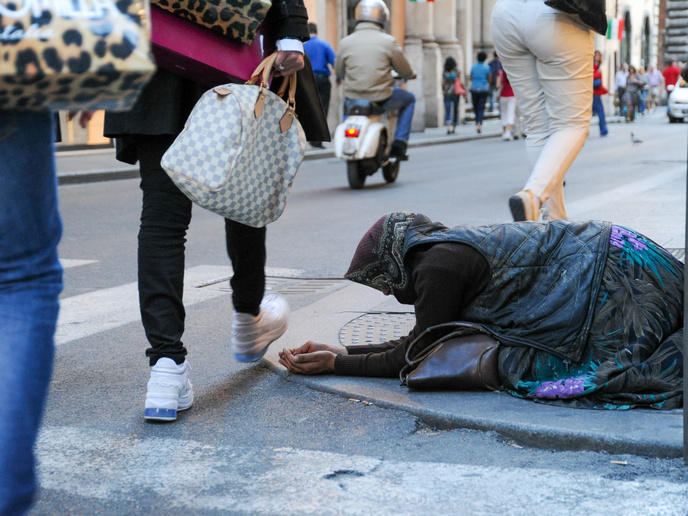Media bias in a competitive news culture
In a democracy, voters need reliable information to make informed decisions. Given that we all face time, knowledge and resource limitations, the gathering, interpretation and sharing of political information is typically performed by news media. “Media organisations have the expertise and technology to acquire and disseminate information to a large audience,” explains PEMB project(opens in new window) coordinator Federico Vaccari, a postdoctoral researcher at the IMT School for Advanced Studies(opens in new window) in Italy. “In this way, the media plays a crucial and essential role in democracies. It can also, of course, shape voters’ preferences.”
Understanding media misinformation
Vaccari identifies groundbreaking research that has shown how exposure to media bias can affect voting intentions. He has been puzzled however by why increased competition in the media space has not appeared to push news media outlets to be more truthful. And as a PhD student in the United Kingdom during the 2016 Brexit referendum campaign, he was astonished at how newspapers could offer such different and opposing accounts of the same event. “As we have seen, even when there is stiff competition between news media, and even between politicians themselves, misinformation persists.” The PEMB project, undertaken with the support of the Marie Skłodowska-Curie Actions(opens in new window) programme and coordinated by the University of Trento(opens in new window) in Italy, was launched with the aim of demonstrating this relationship between media competition and misinformation. To do this, Vaccari employed theoretical tools to analyse the effect of media competition, and carried out an online controlled experiment with volunteers. This enabled him to gather valuable evidence of how competition in the media space could have a role in influencing voting intentions. “Participants were divided into two groups,” he adds. “One group was given access to information, while the other group was not.” Two scenarios were developed. In the first, each participant in the uninformed group was allowed to communicate and receive information from one member of the informed group. In the second, uninformed participants were free to obtain information from multiple members of the informed group at the same time. “In the second scenario, participants were competing against each other to provide information,” says Vaccari. “This enabled us to evaluate the impact of news competition.” What he found was that more competition does not necessarily lead to informational gains; in fact, his findings suggest that media competition can increase efforts in trying to influence citizens. “This is the dark side of competition – media organisations compete to persuade voters,” he adds. In this respect, Vaccari likens the citizen to a judge, trying to reconcile defence and prosecution arguments about the same case. This can be extremely difficult, and akin to hearing two completely different accounts of the same story.
Tackling fake news
The PEMB project has underlined how competitive forces in the marketplace of ideas don’t necessarily ensure that the truth will emerge. “This helps to explain why fake news persists, and why policy interventions to remove fake news can cause more misinformation to spread,” he notes. “Competition in the media sector also doesn’t mean that voters will receive more quality information.” To address this, Vaccari would like to see educational programmes put in place to teach kids to be more sceptical about what they read, and how to identify falsehoods. “I believe this could be useful in creating more educated voters,” he says. In the meantime, more theoretical and empirical work is needed to investigate why misinformation persists and why voters are susceptible. Only then can meaningful solutions to fake news be developed.







